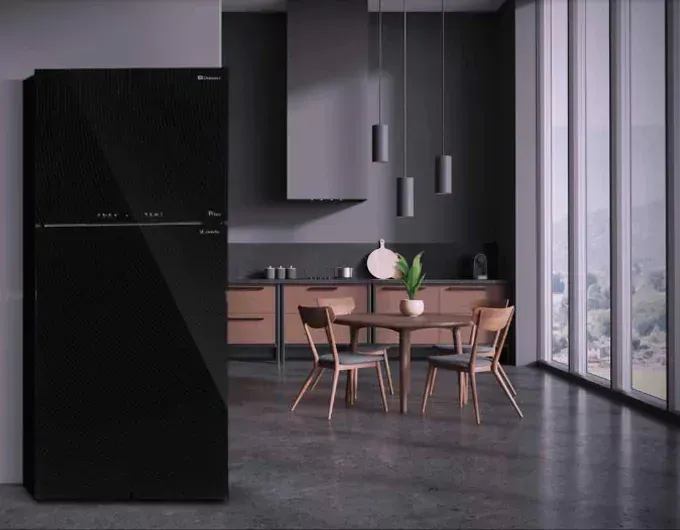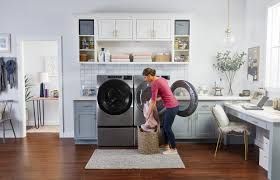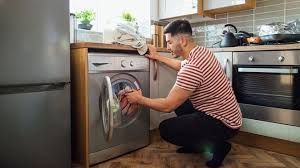Most Asked Questions About Commercial Refrigeration Repair!
Q1: Why is my commercial refrigerator not maintaining the correct temperature?
A: If your commercial refrigerator isn't maintaining the correct temperature, it could be due to several reasons such as dirty condenser coils, a malfunctioning thermostat, or an improper door seal. Start by cleaning the condenser coils to ensure they're free of dust and debris. Check the thermostat settings and ensure they're correctly set. Inspect the door seals for any cracks or gaps that might allow warm air to enter. If these steps don’t resolve the issue, the problem might lie with the compressor or evaporator fan, which would require professional assistance.
Q2: What causes ice buildup in my commercial refrigerator?
A: Ice buildup in a commercial refrigerator can be caused by frequent door openings, faulty door seals, or issues with the defrost system. Ensure the door seals are intact and replace them if necessary. Minimize the frequency and duration of door openings to reduce warm air entering the unit. Check the defrost system components, such as the defrost timer, heater, and thermostat, for any malfunctions. Regularly defrosting the unit and maintaining proper airflow can help prevent ice buildup.
Q3: How can I improve the energy efficiency of my commercial refrigerator?
A: Improving the energy efficiency of your commercial refrigerator involves regular maintenance and proper usage. Keep the condenser coils clean to enhance heat exchange efficiency. Ensure the door seals are in good condition to prevent air leaks. Set the temperature to the recommended levels and avoid overloading the unit to maintain proper airflow. Consider upgrading to energy-efficient models or adding features like night curtains for open display refrigerators. Regularly inspecting and servicing the unit can also help maintain optimal performance and reduce energy consumption.
Q4: What should I do if my commercial refrigerator is making loud noises?
A: Loud noises from a commercial refrigerator can indicate issues with the evaporator fan motor, condenser fan motor, or the compressor. Inspect these components for any signs of wear or damage. Clean the fans and ensure they're not obstructed by debris. If the noise persists, it might be due to a failing compressor, which would require professional diagnosis and repair. Regular maintenance and timely repairs can help prevent noisy operation and prolong the lifespan of your equipment.
Q5: How often should I schedule maintenance for my commercial refrigerator?
A: It's recommended to schedule maintenance for your commercial refrigerator at least twice a year. Regular maintenance helps identify and resolve potential issues before they lead to costly repairs or downtime. During maintenance, a technician will clean the condenser coils, check the refrigerant levels, inspect door seals, and ensure all components are functioning correctly. More frequent inspections might be necessary if the unit is heavily used or in a demanding environment.
Q6: What are the common causes of water leaks in commercial refrigerators?
A: Common causes of water leaks in commercial refrigerators include clogged defrost drains, damaged water inlet valves, and faulty door seals. Clear the defrost drain using warm water and a flexible brush to remove any blockages. Inspect the water inlet valve for cracks or damage and replace it if necessary. Check the door seals for wear and tear, as compromised seals can cause condensation and water accumulation. Regular cleaning and maintenance can help prevent water leaks.
Q7: Why is my commercial refrigerator cycling on and off frequently?
A: Frequent cycling on and off of a commercial refrigerator can be caused by a faulty thermostat, dirty condenser coils, or an overworked compressor. Ensure the thermostat is set correctly and is functioning properly. Clean the condenser coils to improve heat dissipation. If the compressor is overworked, it might be due to excessive heat or poor ventilation around the unit. Address these issues to prevent frequent cycling, which can lead to increased wear and energy consumption.
Q8: How do I troubleshoot a commercial refrigerator that isn't running at all?
A: If your commercial refrigerator isn't running at all, start by checking the power supply. Ensure the unit is plugged in and that the circuit breaker hasn't tripped. Inspect the power cord for any damage. If the power supply is intact, the issue might be with the thermostat or the start relay on the compressor. Test the thermostat for continuity and replace it if necessary. If the start relay is faulty, it can prevent the compressor from starting. Professional diagnosis might be required if these steps don't resolve the issue.
Q9: What steps should I take if my commercial refrigerator's temperature is fluctuating?
A: Temperature fluctuations in a commercial refrigerator can be caused by a malfunctioning thermostat, dirty condenser coils, or poor airflow. Verify that the thermostat is set correctly and is functioning accurately. Clean the condenser coils to ensure efficient heat exchange. Ensure the unit isn't overloaded and that air can circulate freely. Check for proper door seals to prevent warm air from entering. If temperature fluctuations persist, a technician should inspect the refrigerant levels and other internal components.
Q10: Why is my commercial refrigerator's compressor overheating?
A: An overheating compressor in a commercial refrigerator can result from dirty condenser coils, insufficient ventilation, or refrigerant issues. Clean the condenser coils to improve heat dissipation. Ensure the unit is placed in a well-ventilated area with adequate space around it. Check for proper refrigerant levels, as both low and high levels can cause the compressor to overheat. If the compressor continues to overheat, it might be due to internal mechanical issues, requiring professional assessment and repair.
You might also like
Educational Center
Book a Service Today
We will get back to you as soon as possible
Please try again later
Quick & Reliable
We are available 24/7
About Us
Authorized Appliance is an appliance repair contractor referral service. We connect you with appliance contractor in your area. All contractors are operated independently of Authorized Appliance. It is the responsibility of each user to verify that the contractor connected with meets all licensing and insurance requirements in that jurisdiction.
All Rights Reserved - Authorized Appliance




